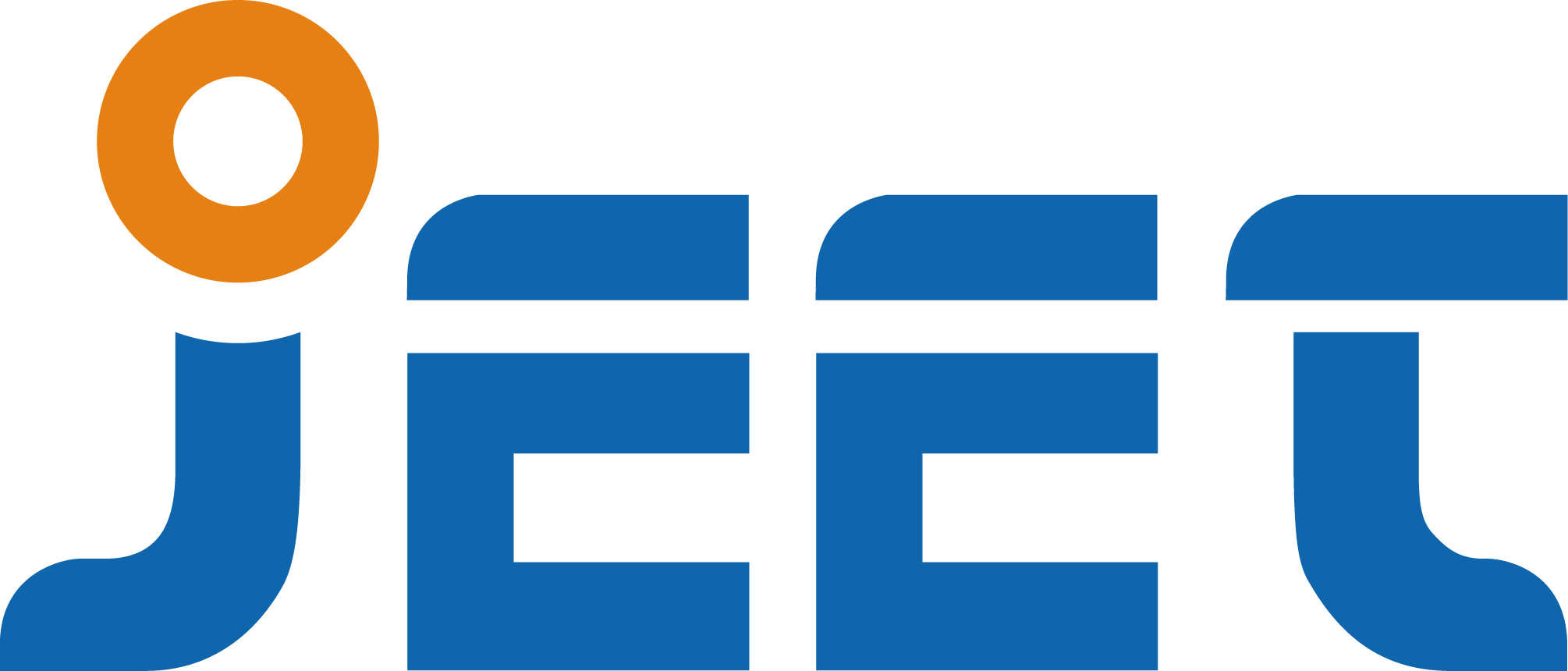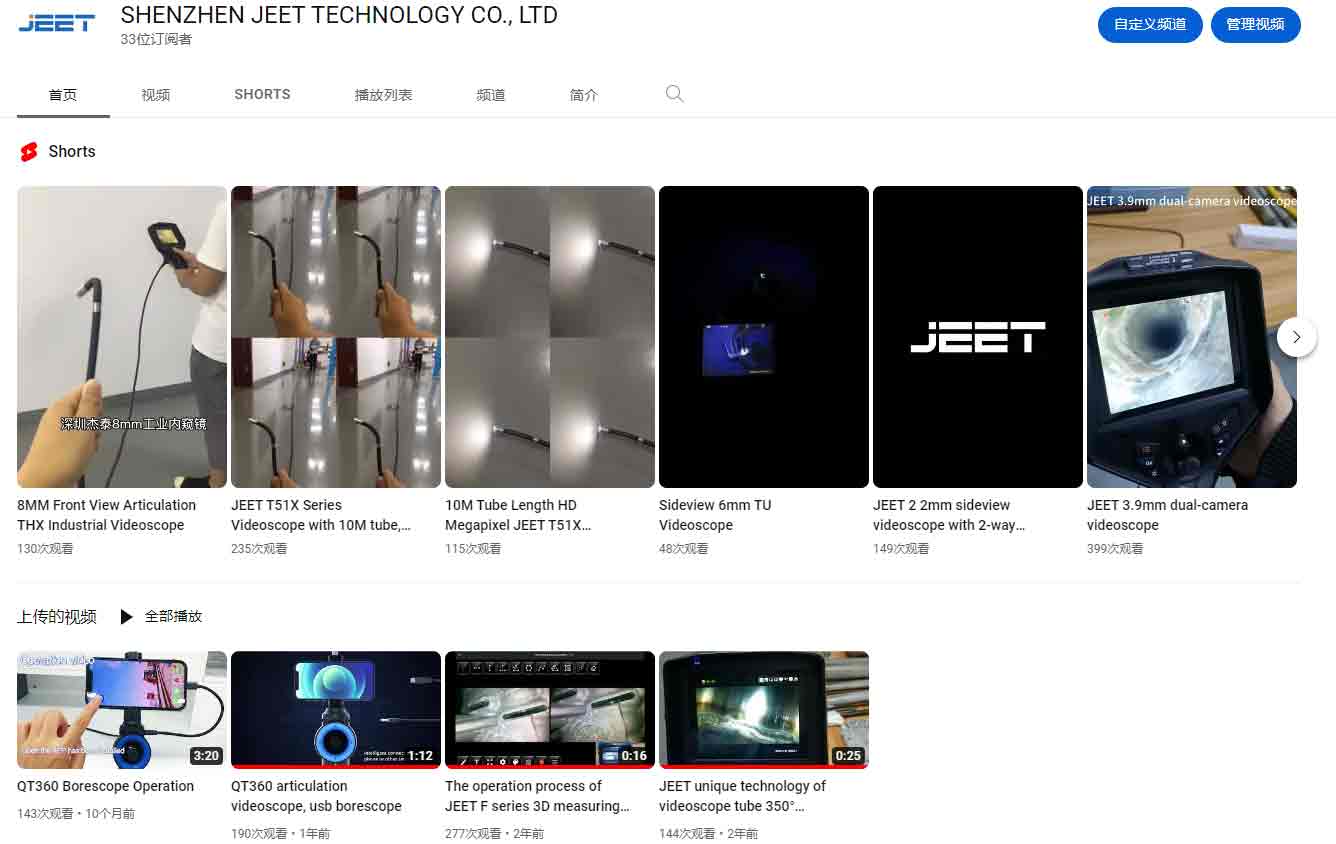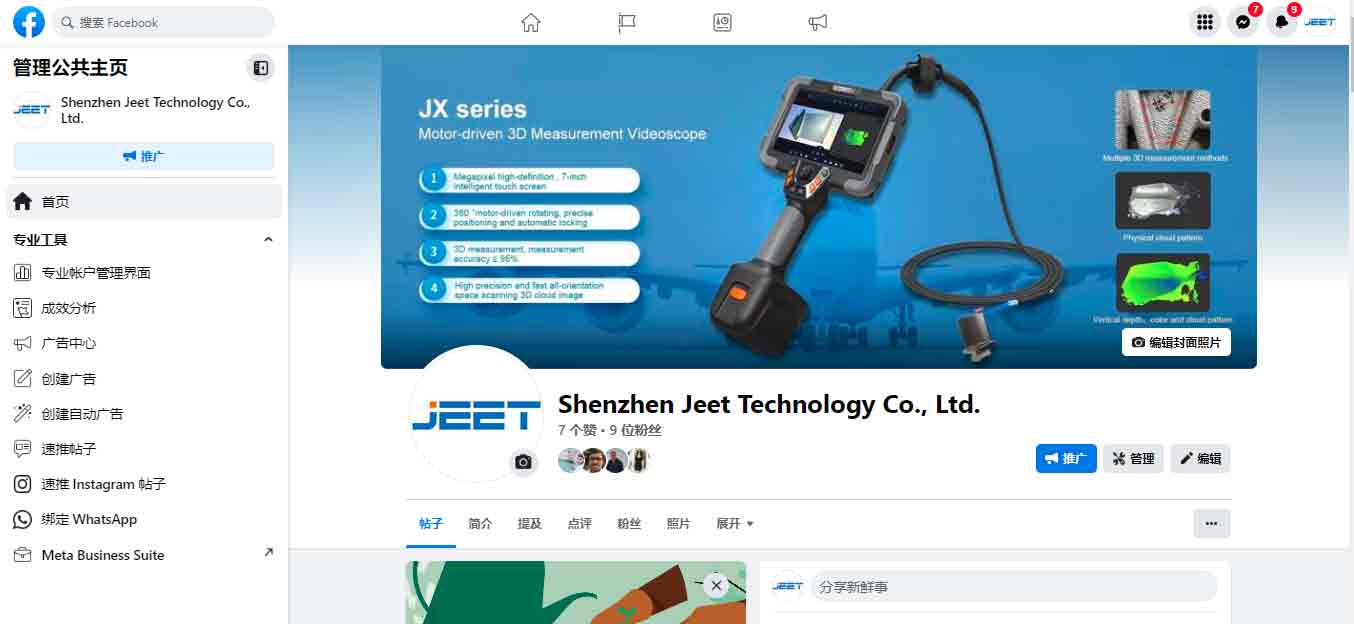How to choose an industrial endoscope probe!
With the development of science and technology, there are more and more types of endoscopes, but the principles are similar: usually the probe needs to be inserted into the object for detection, and the human eye cannot look directly at the display through electronic imaging technology. Of the site. The probe is a very important part of the endoscope. The core of using the industrial endoscope is to use the probe. Before the detection, selecting the appropriate probe will make the detection process more effective and reduce accidental damage to the probe. So how to choose an endoscopic probe?
There are three important factors in choosing an endoscopic probe:
1. Choose a probe with a suitable diameter according to different use environments; the larger the diameter of the probe, the higher the pixel, and the clearer the image. However, when the gap between the detection pipe and the probe is small, the entry and exit resistance is large and the probe is easily damaged. Therefore, when observing a space with a long channel, a relatively small diameter probe should be selected to ensure the smooth entry and exit of the probe.
2. The bending angle of the probe; when observing the environment with more complicated internal space, the larger the bending angle of the probe, the larger the space that can be observed, which can effectively avoid missed inspection. Shenzhen JEET technology probe can be turned 360°, and the maximum bending angle is 190°.
3. Determine the range of depth of field and the size of the field of view according to different working conditions; the depth of field of the endoscope refers to the range that the lens can clearly observe. The depth of field is too short to use the scene, and the depth of field is too long to achieve detailed observation. Shenzhen JEET The depth of field introduced by technology is 7-110mm, which is suitable for close and detailed viewing, but also for general viewing from a long distance. When selecting the field of view of the endoscope probe, the field of view is too large and easy to be distorted, and the observation range is limited if the field of view is too small. Our company has repeatedly verified that 120° is the most ideal size. Shenzhen JEET Technology can also choose 70° and 80° field of view angles, which is suitable for most scenes.
There are three important factors in choosing an endoscopic probe:
1. Choose a probe with a suitable diameter according to different use environments; the larger the diameter of the probe, the higher the pixel, and the clearer the image. However, when the gap between the detection pipe and the probe is small, the entry and exit resistance is large and the probe is easily damaged. Therefore, when observing a space with a long channel, a relatively small diameter probe should be selected to ensure the smooth entry and exit of the probe.
2. The bending angle of the probe; when observing the environment with more complicated internal space, the larger the bending angle of the probe, the larger the space that can be observed, which can effectively avoid missed inspection. Shenzhen JEET technology probe can be turned 360°, and the maximum bending angle is 190°.
3. Determine the range of depth of field and the size of the field of view according to different working conditions; the depth of field of the endoscope refers to the range that the lens can clearly observe. The depth of field is too short to use the scene, and the depth of field is too long to achieve detailed observation. Shenzhen JEET The depth of field introduced by technology is 7-110mm, which is suitable for close and detailed viewing, but also for general viewing from a long distance. When selecting the field of view of the endoscope probe, the field of view is too large and easy to be distorted, and the observation range is limited if the field of view is too small. Our company has repeatedly verified that 120° is the most ideal size. Shenzhen JEET Technology can also choose 70° and 80° field of view angles, which is suitable for most scenes.



